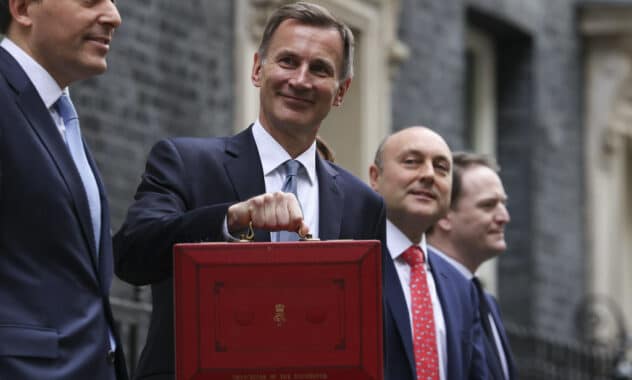NHS Funding Bill enters Parliament in week report warns lives are being lost due to staff shortages
The NHS Long Term Plan Funding Bill, which will enshrine in law the Prime Minister’s promise to provide an extra £33.9 billion every year to reach an annual cash injection of £148.5 billion by 2024, entered Parliament this week.

Its announcement came just before the release of a new report from the Sentinel Stroke National Audit Programme’s Acute Organisational Audit Report Stroke Association, which warned that nearly half – 48% – of all hospitals are facing a shortage of stroke consultants.
Chief Executive of the Stroke Association, Juliet Bouverie, said: “Unless these workforce issues are urgently addressed, we are hurtling our way to a major stroke crisis in the next few years.”
“The lack of senior doctors and also of trainees to fill these gaps is worsening and is a ticking time-bomb for an already stretched health service,” she went on, warning that the issue could put thousands of lives at risk and worsen the disabilities patients experience after experience a stroke.
Elsewhere, as A&E departments reported their lowest success rate in meeting their four-hour waiting target, Health Secretary Matt Hancock floated proposals to scrap the target entirely.
Shadow Health Secretary, Jonathon Ashworth, criticised this policy, warning that it would not “magic away” the overcrowding hospitals face and that suspicions will arise that Hancock was simply trying to “move the goalposts” to hide his own failure.
Hancock stated that the NHS Long Term Funding Plan Bill will solve the issues, but misinformed the public about its size. Rather than being the biggest ever cash injection the NHS had seen. In reality, when inflation is taken into account, it is far from it.
The Bill will doubtless be carefully scrutinised by opposition parties and campaigning groups to ensure the money will be put to good use and effectively improve services. The IER will report on the analysis of the Bill in due course.







